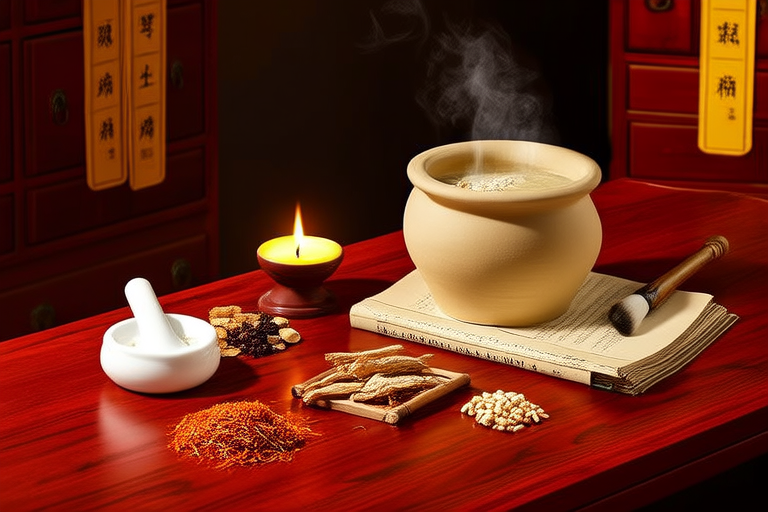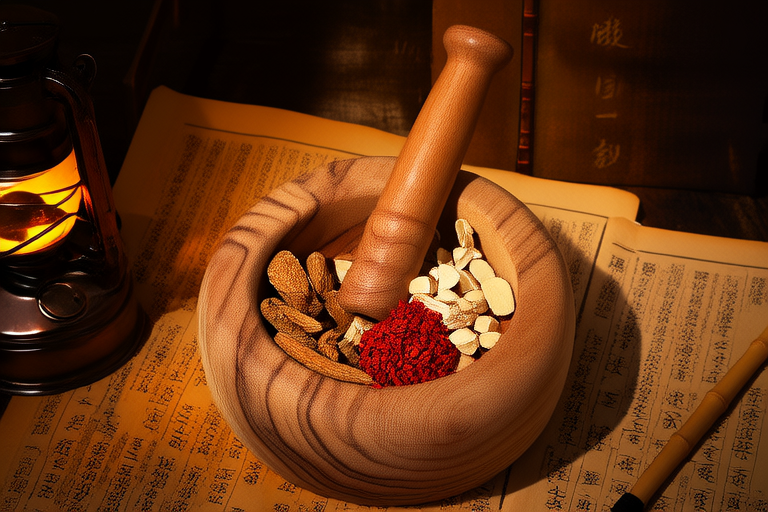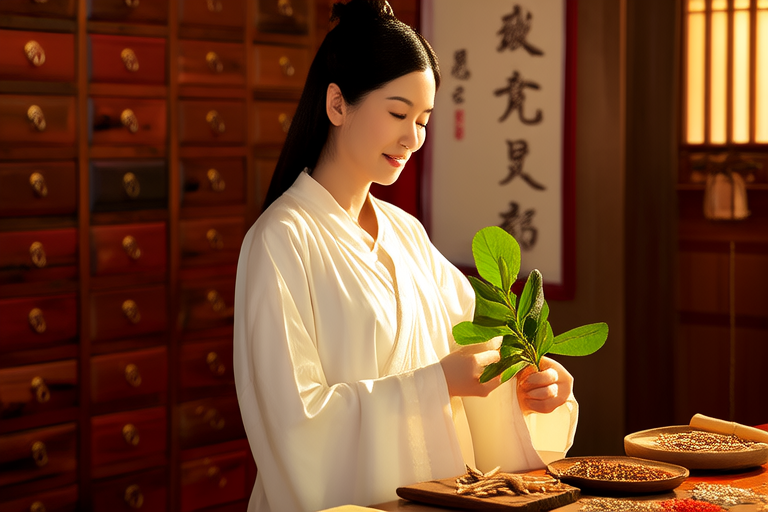Exploring Traditional Chinese Medicine’s Approach to Health Preservation
Traditional Chinese medicine (TCM) has been practiced for thousands of years and has become an important part of Chinese culture. It emphasizes the balance between body and mind, as well as the relationship between humans and nature. The core concept of TCM is that health is maintained by the harmonious interaction of Yin and Yang, which represent opposite but complementary forces in the universe. In this article, we will explore the core principles and methods of TCM health preservation, including dietary regulation, regular sleep patterns, emotional adjustment, and exercise. We will also analyze the secrets of TCM health care and its modern applications, highlighting its unique value in promoting physical and mental health.
Dietary Regulation
Dietary regulation is one of the most important aspects of TCM health preservation. According to TCM theory, food has different properties and flavors, such as cold, hot, neutral, pungent, sweet, sour, bitter, and salty. These properties and flavors can affect the balance of Yin and Yang in the body. For example, eating too much spicy or hot food may cause internal heat, while eating too much cold food may cause internal cold. Therefore, it is important to choose appropriate foods according to one’s constitution and season. In addition, TCM also emphasizes the importance of eating at regular times and avoiding overeating. Overeating can lead to digestive problems and weight gain, while irregular eating habits can disrupt the body’s metabolism.
Regular Sleep Patterns
Regular sleep patterns are also crucial for maintaining good health. According to TCM, the body has a natural rhythm that follows the cycle of day and night. During the day, the body is active and alert, while during the night, the body is resting and repairing itself. Therefore, it is important to go to bed early and wake up early, especially during the spring and summer seasons. In addition, TCM also emphasizes the importance of sleeping on a comfortable mattress and pillow, as well as creating a quiet and dark environment for sleep. Poor sleep quality can lead to various health problems, such as fatigue, irritability, and weakened immune system.
Emotional Adjustment
Emotional adjustment is another key aspect of TCM health preservation. According to TCM theory, emotions are closely related to the organs in the body. For example, anger affects the liver, sadness affects the lungs, worry affects the spleen, fear affects the kidneys, and joy affects the heart. Therefore, it is important to manage emotions properly to avoid negative effects on the body. TCM recommends practicing mindfulness meditation, deep breathing exercises, and other relaxation techniques to reduce stress and promote emotional balance. In addition, TCM also emphasizes the importance of cultivating positive emotions, such as compassion, gratitude, and forgiveness, to improve overall well-being.
Exercise and Physical Activity
Exercise and physical activity are also important for maintaining good health. According to TCM, movement promotes blood circulation and strengthens the body’s Qi (vital energy). Qi is considered the fundamental substance of life in TCM, and it flows through meridians (energy pathways) in the body. Regular exercise can help to keep the meridians open and flowing smoothly, which is essential for maintaining good health. In addition, TCM also recommends practicing Tai Chi, Qigong, and other traditional Chinese exercises to promote balance and harmony between body and mind. These exercises involve slow, gentle movements and deep breathing, which can help to reduce stress and improve flexibility, strength, and coordination.
Modern Applications of TCM Health Care
In recent years, TCM has gained increasing popularity in the West, and many people have turned to TCM for health care. One of the reasons for this is that TCM offers a holistic approach to health care that focuses on the whole person rather than just treating symptoms. This approach is particularly useful for chronic conditions, such as arthritis, diabetes, and hypertension, where Western medicine often fails to provide effective treatment. In addition, TCM also offers natural remedies that are free from side effects, such as herbal medicines, acupuncture, and moxibustion. These therapies can help to relieve pain, reduce inflammation, and improve overall well-being.
The Unique Value of TCM Health Care
The unique value of TCM health care lies in its emphasis on prevention and early intervention. According to TCM theory, disease prevention is better than cure, and early intervention can prevent the progression of disease. Therefore, TCM practitioners often recommend lifestyle changes, such as dietary regulation, regular sleep patterns, and emotional adjustment, to prevent disease before it occurs. In addition, TCM also emphasizes the importance of self-care and self-awareness, encouraging people to take responsibility for their own health. By doing so, people can maintain good health and prevent illness from occurring.
Conclusion
In conclusion, TCM offers a comprehensive approach to health care that focuses on the balance between body and mind, as well as the relationship between humans and nature. Its core principles and methods, including dietary regulation, regular sleep patterns, emotional adjustment, and exercise, can help to promote physical and mental health. In addition, TCM also offers natural remedies that are free from side effects, making it an attractive option for those who are looking for alternative treatments. By adopting TCM health care practices, people can maintain good health and prevent illness from occurring.










